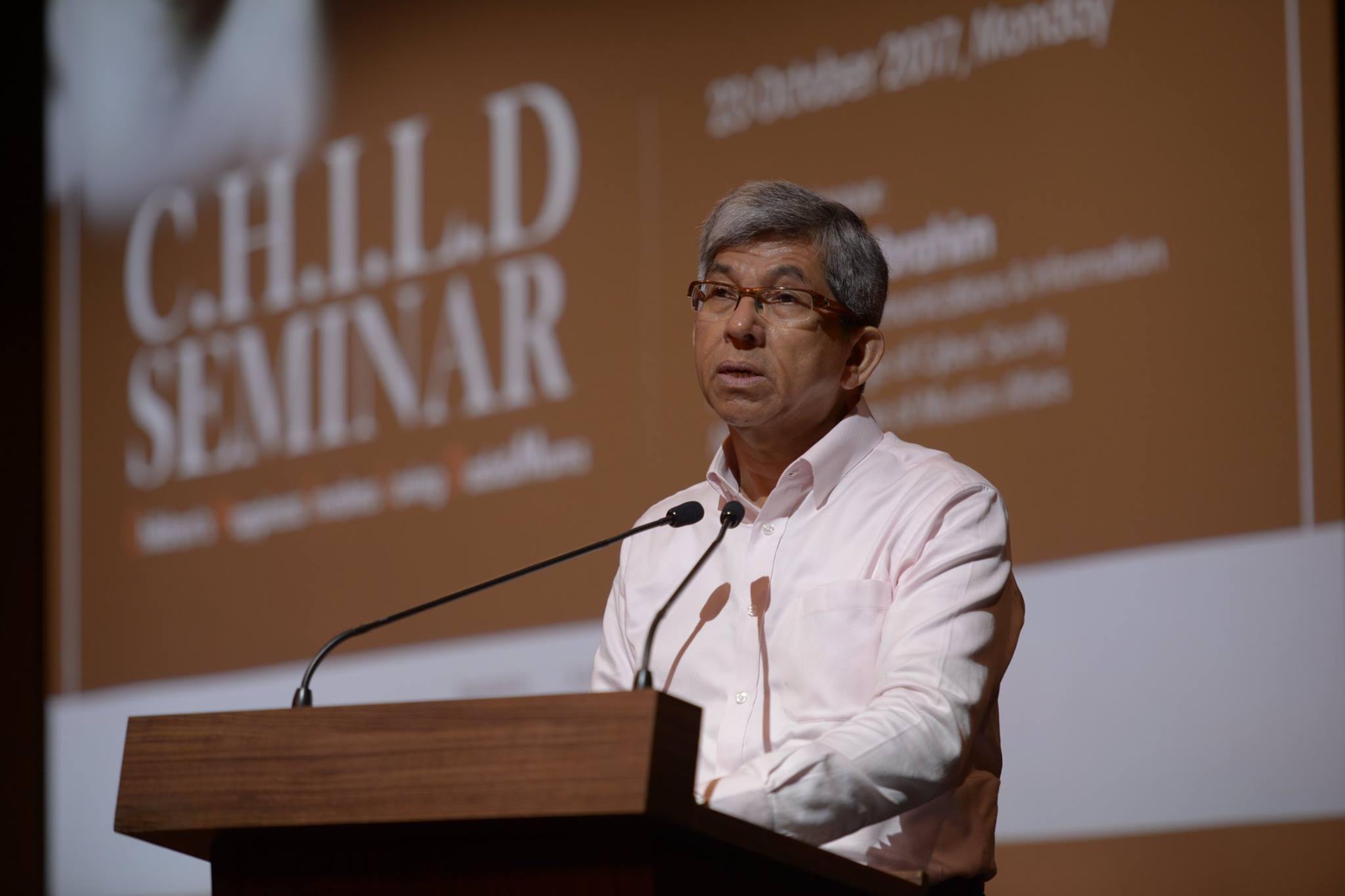On Nov. 9, the Ministry of Home Affairs announced that two men and one woman have been arrested under the Internal Security Act (ISA) for terrorism-related activities.
- Abu Thalha bin Samad, a teacher at a JI-linked school outside Singapore and Munava Baig Amina Begam, a housewife, were issued two-year Orders of Detention.
- Adzrul Azizi bin Bajuri, a former NSF with the SAF, was issued with a Restriction Order. This means he has to abide by several restrictions, including having to seek the approval of the Director of ISD to change his residence or travel out of Singapore.
In response to media queries, MHA released additional information on the circumstances relating to the arrests.
Self-radicalisation
Investigations have not established plans by any of the three to carry out attacks on Singapore soil. However, none of the three people arrested were reported by their friends and relatives.
In Munava's case, the first press release did mention that she shared material posting terrorism on social media, but it turned out that her husband was unaware of her radicalism and was not implicated in any of her terrorism-related activities.
Abu Thalha lived overseas for 15 years prior to his deportation back to Singapore in Aug. 2017, although he has family both in Singapore and overseas. His involvement with the Jemaah Islamiyah terrorist group came to light earlier this year.
For Adzrul, who self-radicalised by watching pro-ISIS material online, his support of ISIS was known to some of his friends and family. However, they didn't report him to the authorities.
One of his friends did try to counsel him against his support for ISIS, and the investigations did not indicate that Adzrul was successful in radicalising any of his fellow NSFs.
[related_story]
Said MHA:
"(Adzrul's) case and others this year show how challenging it is for the authorities to detect individuals who are self-radicalised. It is therefore critical that if people are aware that someone they know is radicalised, they should quickly report to the authorities, before the individual gets involved in terrorist conduct. The earlier the intervention, the better the chance of steering the person away from going down the path of radicalism."
Religious knowledge from credible sources
Minister-in-charge for Muslim Affairs Yaacob Ibrahim commented on the arrests in a Facebook post on Nov. 9. He said that the community "requires support and guidance from sound and credible religious sources."
He also urged the Muslim community to consult with ARS-accredited asatizahs, or religious teachers. The Asatizah Recognition Scheme (ARS) provides proper qualifications and training for people who wish to provide religious guidance in Singapore.
Yaacob also mentioned the new Asatizah Youth Network (AYN) who aim to reach out to youths, both online and offline. He said:
"Whether in the online sphere or in our local communities, we must continually look out for each other and seek help from Islamic Religious Council of Singapore (MUIS), the Religious Rehabilitation Group (RRG), or the police if we see signs of radicalisation in our friends or loved ones. If we do not seek help, we do them and our community irreparable and grave harm should they act on their misguided beliefs."
You can view the post in full below:
Top image from Syariah Court Singapore via Yaacob Ibrahim's Facebook page.
If you like what you read, follow us on Facebook, Instagram, Twitter and Telegram to get the latest updates.
